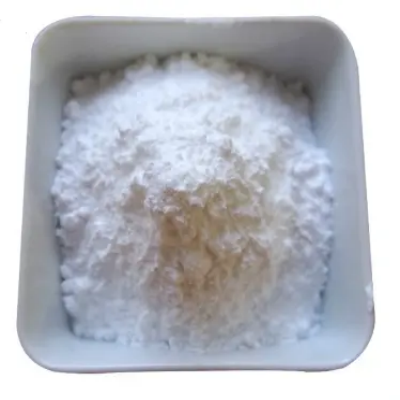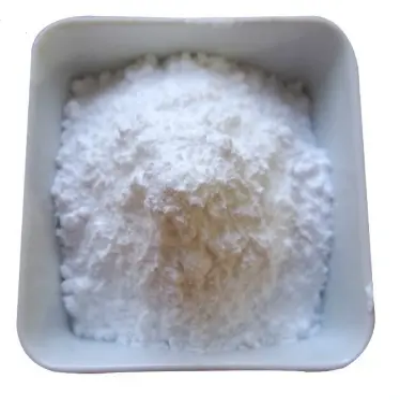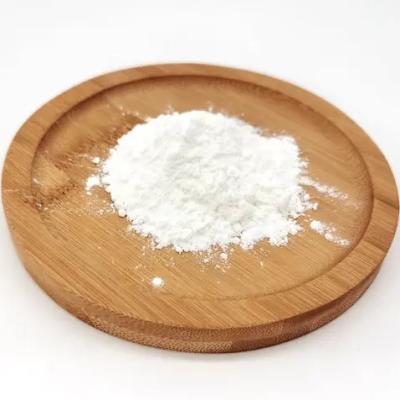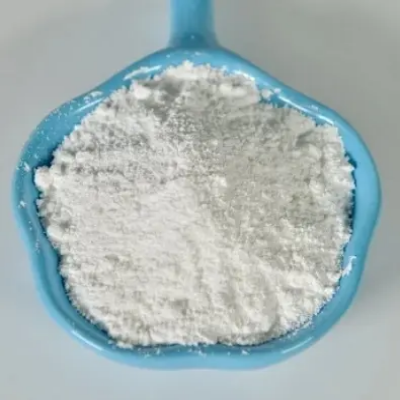Cytosine CAS:71-30-7
Cytosine is fundamental to various biological and chemical applications. In genetics and molecular biology, it is essential for understanding the structure and function of nucleic acids. Cytosine's ability to form hydrogen bonds with guanine enables its participation in the double-helix structure of DNA as well as in RNA molecules during transcription and translation processes. Moreover, cytosine undergoes chemical modifications that can impact gene regulation, epigenetics, and disease states, making it a subject of intense research in fields such as cancer biology and developmental biology. In the pharmaceutical industry, cytosine and its analogs are explored for their potential in antiviral and anticancer therapies, targeting nucleic acid metabolism and protein synthesis. Additionally, in organic chemistry, cytosine derivatives are employed as building blocks for the synthesis of novel compounds with pharmaceutical and material science applications. Its significance in both fundamental biological processes and applied scientific endeavors illustrates the wide-ranging importance of cytosine in various fields of study and industry.



| Composition | C4H5N3O |
| Assay | 99% |
| Appearance | white powder |
| CAS No. | 71-30-7 |
| Packing | Small and bulk |
| Shelf Life | 2 years |
| Storage | Store in cool and dry area |
| Certification | ISO. |







![S-(+)-Methyl-(2-chlorophenyl)[(2-(2-thienyl)amino] acetate hydrochloride CAS:141109-19-5](https://cdn.globalso.com/xindaobiotech/K@NIE7HBAEP6E7J7DS223.png)

